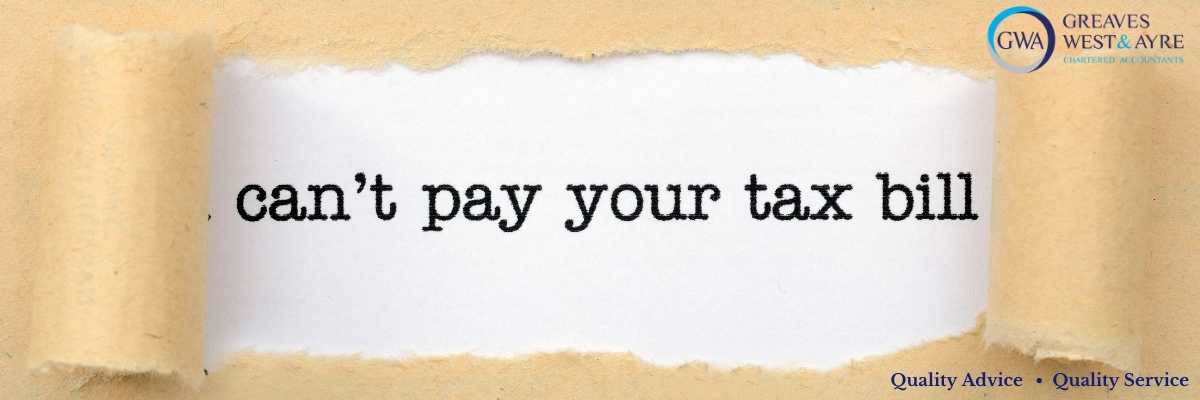What happens if you can’t pay your tax bill?

If you’re a taxpayer and you’re concerned that you cannot pay your tax bill on time, you have the option to set up an online “time to pay” arrangement with HMRC. This means you can spread the cost of you tax bill over a period of 6-12 months, helping improve cash flow.
As we know, payments were due for self-assessments by 31 January. If you’re considering the option of a payment arrangement this must be done within 60 days of that deadline, meaning you have until 31 March to do this.
Employers’ PAYE payments were also due 31 January. However, if you’re looking to set up a payment arrangement for these you must do so within 35 days of the payment deadline, meaning you only have until the 6 March to do this.
Setting up an online time to pay arrangement has been possible for many years. In October 2020 the limit increased from £10,000 to £30,000. The ability to create an online arrangement was extended to employers’ PAYE in December 2022.
The criteria for using the online services are:
| SA | EMPLOYERS’ PAYE | |
| Maximum liability | £30,000 | £15,000 |
| Deadline for using the online service | within 60 days of the payment deadline | within 35 days of the payment deadline |
| Deadline to avoid late payment penalties | within 30 days of the payment deadline | n/a |
| Timescale for paying off the debt | within the next 12 months | within the next six months |
| Tax return filing | latest SA return must be filed | employer PAYE and construction industry scheme returns must have been filed |
| Other liabilities | Must have no other payment plans or debts with HMRC | must have no other payment plans or debts with HMRC |
You can set up a payment plan here on the GOV.UK website. Please keep in mind that if you are a GWA client we, or any other agent, cannot use the online service and act on your behalf.
It is also worth remembering that interest will be charged on payments made after the deadlines outlined above.
If you don’t meet the above criteria, you will need to speak to HMRC directly.
If you would like more details, see HMRC’s guidance If you cannot pay your tax bill on time. This also explains what to do and how to contact HMRC if the conditions for an online payment plan are not met.
If you’re a self-assessment customer and your payments and returns are up to date, HRMC give you the option to start a budget payment plan.
This allows customers to make regular payments towards their next Self-Assessment tax bill. HRMC will collect payments by Direct Debit. This can be managed by using the HMRC online account, within the account you can:-
- decide the regular weekly or monthly amount to be collected
- choose to amend the regular payment amount
- choose to suspend payment for a period of up to six months
- cancel it at any time
The budget payment plan does not mean you can delay payment beyond the due date. You need to ensure that any balance still owing (after subtracting what has been paid via the budget payment plan) is paid off by the due date. Any balance still owed after the due date will become liable for interest.
By making regular payments it will reduce what will need to be paid on 31 January and 31 July deadline. For more information on this service take a look at the ‘Pay weekly or monthly’ page.
If you are unable to pay any tax bill, we would always advise you to speak to HMRC as soon as possible. We can also offer support and if you have any questions about how a payment arrangement may work for you, or need help with a cashflow forecast to plan future payments please get in touch, we’re here to help.


